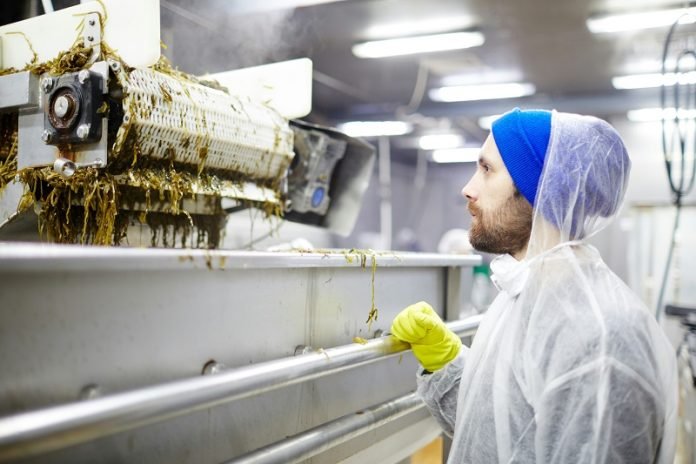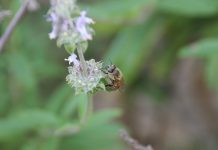
Imagine a world shrouded in darkness following a massive volcanic eruption or, even scarier, a nuclear war.
In these grave scenarios, sunlight, essential for most of Earth’s life, gets blocked out, leading to widespread fear of famine.
But there’s a glimmer of hope, and it comes from an unexpected source: seaweed.
An international group of scientists has recently shared some groundbreaking findings. They believe that seaweed, a simple plant from the ocean, could be our savior in times of such extreme crises.
This research isn’t just a shot in the dark; it’s backed by serious science and published in the respected journal Earth’s Future.
Seaweed isn’t just any plant. It’s a nutrient powerhouse, providing essential food and income for people living along the coasts, especially in less wealthy countries.
But more than that, seaweed has a unique resilience, capable of surviving and thriving even in the harsh conditions following a catastrophic event like a nuclear war.
The study, carried out by experts from various prestigious institutions, including the University of Canterbury in the UK and the University of the Philippines Marine Science Institute, focused on a specific type of seaweed known as Gracilaria tikvahiae, or graceful redweed.
They used models to predict how this seaweed would grow after a disaster, and the results were promising.
In the nightmare scenario of a nuclear war, where massive amounts of soot could block sunlight for years, these scientists found that seaweed could still grow.
This is because seaweed doesn’t need as much light as other plants to photosynthesize. Even with reduced sunlight, there would be enough for seaweed to flourish.
Their findings suggest that, with enough preparation and the right areas for cultivation, seaweed could significantly address global food shortages after just nine months of focused production.
However, there’s a catch. Due to its high iodine content, seaweed can’t make up more than 15% of a person’s diet.
Seaweed’s benefits extend beyond crisis scenarios. It’s packed with proteins, minerals, vitamins, and essential fatty acids. And while there are concerns about seaweed absorbing contaminants, processes like washing, drying, and cooking can reduce these to safe levels.
The global importance of seaweed is already evident. Most of the world’s supply comes from Asia, with China leading the charge. It’s not just food for humans; seaweed is also used in animal feed and cosmetics.
However, another study casts a shadow on these findings, suggesting that a nuclear war would have devastating effects on marine life and the broader ecosystem, taking centuries to recover.
This stark contrast highlights the dire consequences of such a conflict, underscoring the need to avoid it at all costs.
In summary, seaweed stands out as a beacon of hope, capable of providing sustenance in the darkest times.
But the underlying message is clear: the best course of action is to prevent such global catastrophes from happening in the first place.
The study was published in the journal Earth’s Future.



